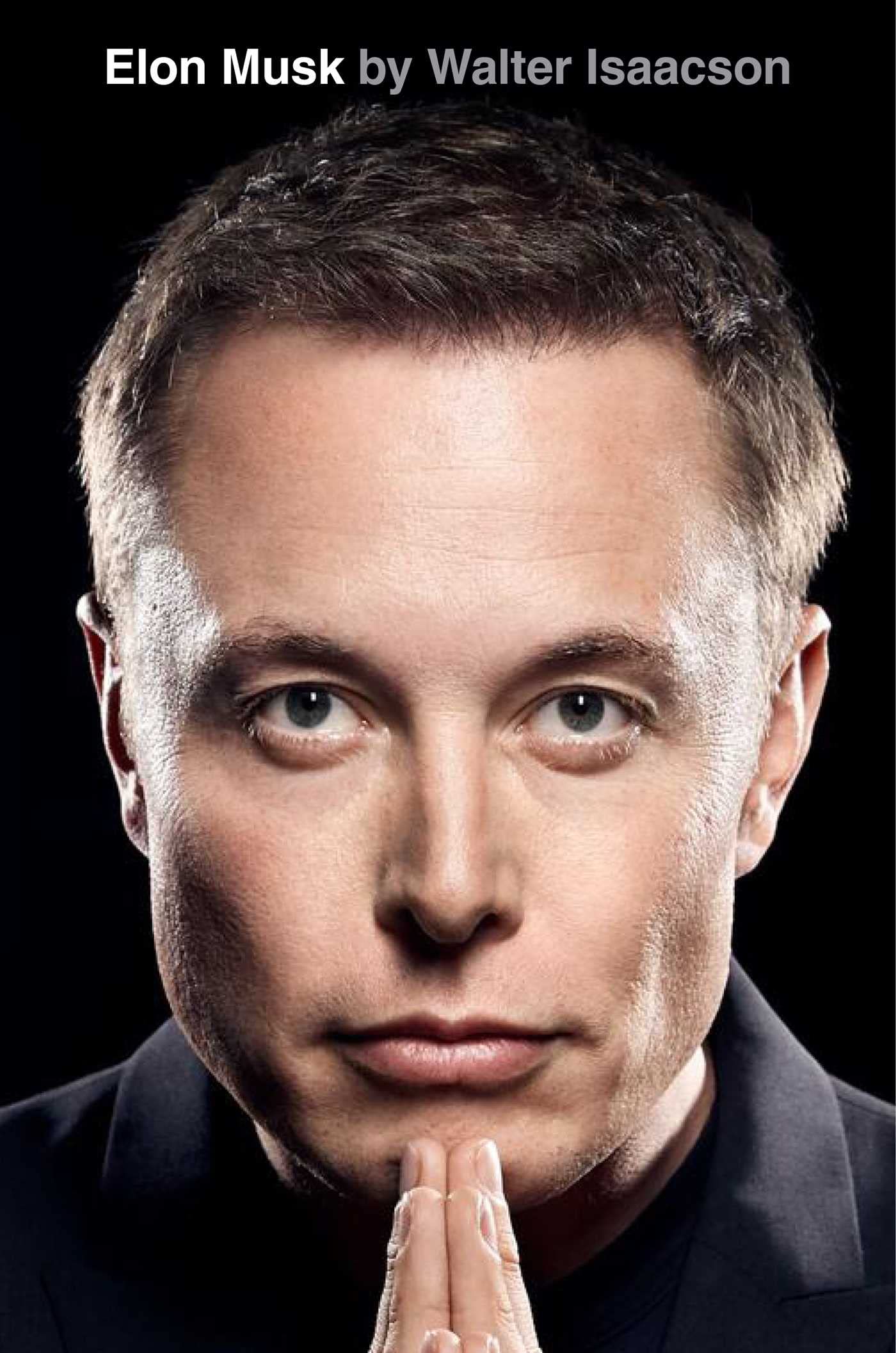16. Fathers and Sons
byFathers and Sons explores a deeply personal and emotionally challenging chapter in Elon Musk’s life, blending profound personal tragedy with the complexities of family relationships. In 2002, as Musk was in the early stages of launching SpaceX, a company that would eventually redefine private space exploration, he was faced with a devastating personal loss—the sudden death of his first child, Nevada. The infant, conceived during a joyful period at Burning Man, succumbed to Sudden Infant Death Syndrome (SIDS) at just ten weeks old. Despite desperate medical efforts, Nevada was declared brain-dead upon arrival at the hospital. After three agonizing days on life support, Musk and his then-wife, Justine, made the heart-wrenching decision to let him go. This tragedy left an indelible mark on both parents, but their approaches to processing grief were starkly different, setting the stage for emotional distance in their relationship.
Musk, known for his problem-solving mindset, coped with the loss in a way that reflected his analytical nature—by burying himself in work and refusing to talk about the pain. Justine, on the other hand, needed to express her sorrow, seeking emotional validation and shared mourning. However, Musk’s avoidance of discussing Nevada’s death created a painful divide between them. This disconnect between their grieving processes highlighted Musk’s deep-rooted tendency to suppress emotions, a survival mechanism he had developed in his childhood. Justine later reflected that Elon’s upbringing under his domineering father had conditioned him to compartmentalize pain rather than openly acknowledge it. As Tesla and SpaceX were still in their early stages, Musk focused intensely on his companies, pushing forward despite his personal suffering.
Around the same time, Musk’s estranged father, Errol Musk, flew to Los Angeles from South Africa, attempting to reconnect after years of separation. Errol had been a complex figure in Elon’s life—a highly intelligent but controversial presence whose influence had shaped Elon in ways both beneficial and damaging. The reunion, however, was overshadowed by Nevada’s death, further complicating an already fragile situation. Musk’s brother, Kimbal, was deeply skeptical of their father’s intentions, fearing that Errol’s return would only reopen old wounds. Despite their differences, Elon allowed Errol and his new family to stay in his home, an effort to mend their fractured relationship. Yet, this attempt at reconciliation proved to be short-lived.
Tensions rose within the household as Musk grew increasingly uncomfortable with his father’s presence and behavior. Errol’s interactions with his stepdaughter and his overbearing nature resurfaced many of the reasons Elon had distanced himself in the first place. As their interactions became more strained, Musk ultimately made the decision to sever ties once again, asking Errol to return to South Africa. This act solidified a permanent break in their relationship, reinforcing Musk’s longstanding view of his father as an unpredictable and toxic influence. The decision, while painful, was a necessary step for Musk to preserve his own emotional well-being.
This chapter highlights not only Musk’s struggles with grief and loss but also the deep-seated family dynamics that influenced his emotional resilience. Despite his outward image as a relentless entrepreneur, Musk’s personal life was riddled with unresolved trauma, shaping how he approached relationships and hardship. His reaction to Nevada’s death—internalizing his pain rather than expressing it—reflected a broader pattern in his life, one that extended to how he dealt with failures and setbacks in his business ventures. The pain of losing a child, coupled with the resurfacing of his troubled relationship with his father, added another layer to Musk’s already intense personal and professional challenges.
Ultimately, Fathers and Sons paints a portrait of Musk as both a visionary and a deeply complicated individual, shaped by his past in ways that few outsiders fully understand. The emotional weight of childhood trauma, loss, and estrangement played a significant role in molding his relentless drive and determination. While he continued to push forward in his professional ambitions, these deeply personal struggles remained a defining aspect of his life. Through this lens, the chapter offers a rare glimpse into the human side of Musk—the part that, despite all his achievements, still grappled with loss, family tensions, and the emotional isolation that came with his pursuit of success.


